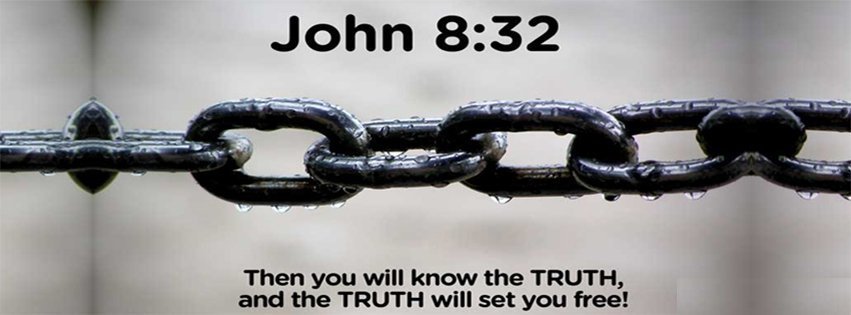In a family, it can be easier to pretend that a problem doesn’t exist rather than going through the excruciatingly hard work of solving it. If a marriage does survive the first five years, it often develops a sort of numbness or comfort with the status quo. Many of the frustrations we associate with teenage rebelliousness revolve around a young person’s realization that the way their family functions is “messed up!” The parents have become numb to it but the “naive” children haven’t learned yet to accept the realities of imperfection. The church and our nation face the same challenge and we struggle with topics involving morality. Idealism is thought of as a dirty word even though, for Christians, it should be the foundation of our worldview. We rarely acknowledge problems whose solutions are thought to be impossible and this practice can be traced backed to the very roots of the American culture. If you asked someone from 2017, 1917, or 1817 what the “right thing” to do with the land stolen from the Native Americans is we might all agree, in theory, that the only option would be to give it back. That option has almost unanimously been agreed upon as impossible and in 2017 ridiculous to even mention, but not for a young person. Our entire nation, every system and stone set in place to enforce it has been built in the past three hundred years and there is no reason why the entire thing can’t be re-built in the next three hundred. We aren’t talking about Egypt or Babylon with thousands of years of tradition. In the broad scheme of things, it’s actually ridiculous to think it can’t all be changed. Copied below is a letter written closer to 1817 by Alexander McGillivray when the right of the “States of America” to possess the land wasn’t nearly as unanimous.
“We the chiefs and warriors of the Creek, Chickasaw and Cherokee Nations do hereby, in the most solemn manner, protest any title, claim or demand the American Congress may set up for or against our lands, settlements and hunting grounds in consequence of the Treaty of Peace between the king of Great Britain and the States of America, declaring that as we were not party, so we are determined to pay no attention to the manner in which the British negotiator has drawn out the lines of the lands in question, ceded to the States of America, it being a notorious fact known to the Americans, known to every person who is in any way conversant in or acquainted with American affairs that his Britannic majesty, so the king of England, was never possessed, either by session, purchase or by right of conquest of territories, and which the said treaty gives away. On the contrary, it is well-known that from the first settlement of the English colonies of Carolina and Georgia, up to the date of the Treaty of Paris, no title has ever been made or even pretended to be made by his Britannic majesty to our lands except that what was obtained by free gift, so like that little strip that the Choctaws gave, by free gift or by purchase for good and valuable considerations. Nor did we nations of Creeks, Chickasaws and Cherokees do any act to forfeit our independence and natural rights to the said king of Great Britain that could invest him with the power of giving our property away unless fighting by the side of his soldiers in the day of battle and spilling our best blood in the service of his nation can be deemed so.”
Excerpts of this letter are quoted in Kathleen Duval’s eye opening work Independence Lost: Lives on the Edge of the American Revolution. Why is this issue so important? I think it is closely connected to a deep spiritual truth revealed to me recently by the young men and women at one of our local high schools in the musical Godspell and before that the gospels themselves, “The lamp of the body is the eye. If your eye is sound, your whole body will be filled with light. But if your eye is bad, your whole body will be darkness. If then, the only light you have is darkness, the darkness will be doubly dark.” If we refuse to accept true north on the moral compass of our nation, then there is very little chance that we will ever find our way home.
P.S. Hopefully you won’t dismiss my arguments as unredeemably naive and as you think about them I want you to keep in mind that “all things are possible through Christ who gives us strength.”

